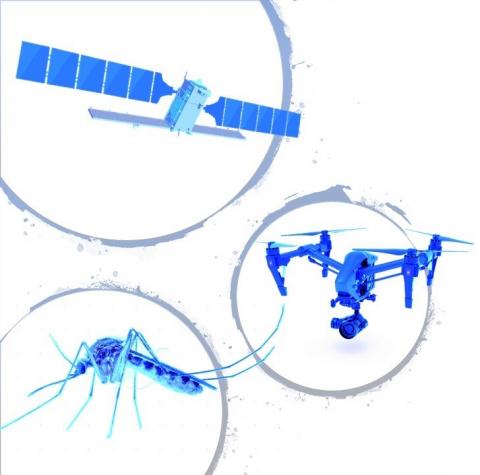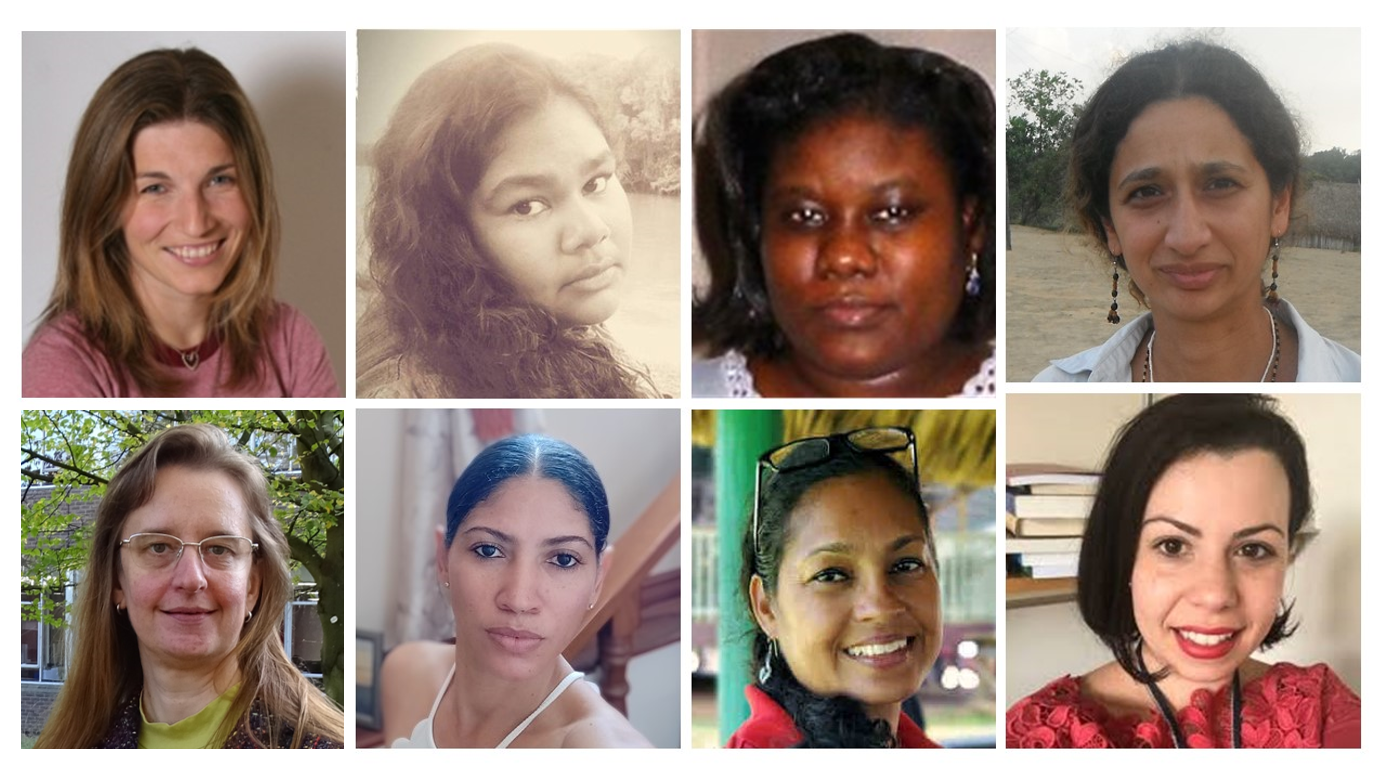You are here
- Home
- DETECT: Integrated Space Technology Vector Control
DETECT: Integrated Space Technology Vector Control

There is virtually no aspect of our daily lives that has been left untouched by the Covid-19 virus and the impact of it will likely be felt for several years to come. It’s worth remembering that all of the other diseases which existed BC (Before Covid) are still just as problematic during this pandemic, and in some cases are being exacerbated by the disruption caused by Covid-19. New modelling analysis released by WHO and partners ahead of World Malaria Day (25 April) showed that severe disruptions to insecticide-treated net campaigns and access to antimalarial medicines could lead to a doubling in the number of malaria deaths in sub-Saharan Africa this year to 760,000, compared to 2018. The annual death toll from malaria does not grab the headlines in the same way, but this disease has had a devastating impact on many developing nations and still there is no effective vaccine.
In the absence of an effective vaccine to prevent malaria, access to antimalarial drugs and the provision of sleeping nets and spraying of insecticides are the cornerstones of international programmes to combat the disease. However, in some countries, this strategy is failing. The Open University has partnered with commercial enterprises (Blue Bear Systems, 2iC, BrainStreet Group), NGOs (Cobra Collective, Iwokrama, North Rupununi District Development Board), academic institutions (University of Guyana, Stirling University and Aberystwyth University) and the Commonwealth Centre for Digital Health, to develop a novel mosquito breeding site detection and control strategy using a combination of remote sensing, drone surveys, ground truthing and cloud computing.
Our strategy uses air-borne and ground-based sensors to acquire an array of environmental data which can detect where mosquitoes are most likely to breed and thereby provide valuable information on areas which are high risk. ‘Sprayer drones’ can then be automatically dispatched to these high-risk areas to release biocontrol agents which kill the mosquito larvae without affecting other species.
Our project, titled “Integrated Space Technology Vector Control for Enhancing Community Health and Resilience Against Escalating Climatic Disruptions”, will begin with a ‘Discovery Phase’ on July 1st 2020 which will last for 12 months. The aim of this phase is to co-design and pilot the system with the Indigenous community of Yupukari, Guyana, and to engage stakeholders from within Guyana and beyond in planning for the ‘Operational Phase’, which, if funded, would last for up to 4 years.
Of particular highlight is the strong leadership role of women in the project:

Going clockwise from the top, the DETECT project will have the participation of: Prof Karen Olsson Francis co-lead on the drone research work package; Indranee Roopsind managing community engagement; Dr Deirdre Jafferally as the project co-Principal Investigator; Prof Jay Mistry co-lead on the project's monitoring and evaluation work package; Dr Susanne Schwenzer co-lead on the ground autonomous environmental monitoring rover research; Carol Ann Marcus taking the overall project management role; Dr Raquel Thomas co-lead on the human centred design work package; and Dr Alessandra Marino joining Deirdre as co-Principal Investigator and also co-lead on the M&E work package.
Quote from Dr Andrea Berardi, the co-Principal Investigator of the project: “State-operated vector control units rarely have vector monitoring systems in place, and mostly rely on paper-based reporting of malaria and dengue cases for identifying hotspots, resulting in significant delays in control interventions by, for example, fogging with pyrethroids - an insecticide that is now showing resistance within mosquito populations while also killing many beneficial insects (including pollinators). Our ground-breaking initiative, led by a diverse and experienced team, is an opportunity to combine cutting-edge remote sensing technologies, human centred design and targeted drone spraying of biocontrol agents to deploy an alternative community-led vector-control strategy. In collaboration with local communities, we will be able to develop a service which could demonstrate more effective control at lower cost, potentially revolutionising mosquito vector control across the world and saving many lives.”
New research to tackle malariaAn OU-led research project has just got funding to tackle malaria, a fatal disease which remains active as the world deals with COVID-19. |
Latest News
- Congratulations Professor Geraint (Taff) Morgan! 8th April 2025
- AstrobiologyOU 5 Year Report 4th March 2025
- PhD Opportunities Open For Applications 13th November 2024
- A potential breakthrough in battle against antibiotic resistance 23rd September 2024
- Introducing Professor Schwenzer 19th July 2024
